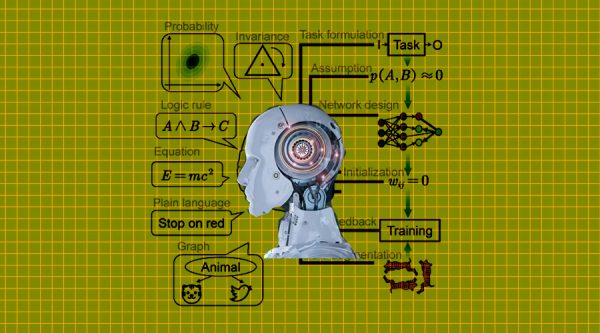Publication Type: Conference Paper
Publisher: IEEE
Source: 2022 3rd International Conference on Smart Electronics and Communication (ICOSEC), 2022, pp. 1233-1237, doi: 10.1109/ICOSEC54921.2022.9952111.
Url: https://ieeexplore.ieee.org/document/9952111
Campus: Coimbatore
School: School of Artificial Intelligence – Coimbatore
Center: Computational Engineering and Networking
Year: 2022
Recently, AI and its application strategies have been widely used in the field of medicine, and it is frequently referred to as significant rich data. Coronary artery disease, which can be prevented with early identification, is one of the leading causes of death from one end of the planet to the other. The purpose of this study is to forecast coronary course infection using valid clinical data. The healthcare profession finds it extremely difficult and demanding to anticipate Coronary Artery Disease (CAD). Early forecasting is a clinical field virtuoso, particularly in the cardiovascular area. The earlier research on the development of early forecast models aided in understanding new methods for identifying variation in clinical imaging. A doctor who is concerned may be able to fulfill the cardiovascular counteraction with an eating plan graph they have produced after early anticipation. Based on a proposed calculation made with the aid of pooling region bends AI technology, our exam paper includes a forecast. The use of this data-based ID is essential for generating precise expectations. This extended system has a decent impact on choosing variety in clinical photographs, despite the weak pixels nearby. This pooling region development in our AI calculation is storing contracting veins and tissues with the aid of vein stopping and vein plaque. This investigation piece presents the new adaptable picture-based grouping strategies and contrasts the current characterization methods with predicted CAD antecedents for a higher exact worth. Any previous cardiac condition is used as evidence in this suggested strategy to conclude. The decision-production of grouped yield produces more accurate results in the computation we propose.
Cite this research publication as: “Prediction of Coronary Artery Disease by Adapting Hybrid Approach of Machine Learning Methods,” 2022 3rd International Conference on Smart Electronics and Communication (ICOSEC), pp. 1233–1237, doi: 10.1109/ICOSEC54921.2022.9952111.









